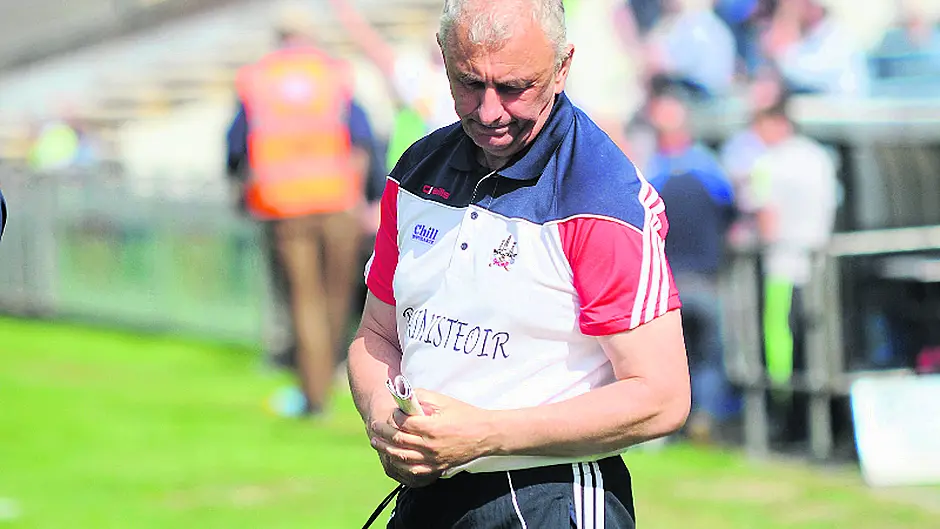A leading sports psychologist has warned that continuous poor results by the Cork senior footballers could leave long-lasting damage and influence future generations to opt for hurling.
A LEADING sports psychologist has warned that continuous poor results by the Cork senior footballers could leave long-lasting damage and influence future generations to opt for hurling.
While city-based sports psychologist Cannice Kennedy believes Cork can get their season back on track through the All-Ireland qualifiers, he believes that the Rebels’ recent championship defeats to Kildare (2015) and Tipperary in this year’s Munster SFC semi-final could impact the county in the long-term.
‘There are long-term implications. After an unexpected defeat or a heavy defeat, there are some psychological impacts in the short term, in terms of physical and emotional burnout and also in terms of long-term confidence and standing within the community – that’s an issue,’ Kennedy said.
‘Cork is a dual county, that means for certain talented young players who have the option of playing for the hurlers or the footballers, defeats like the latest one or last year might encourage future generations to veer towards the hurlers rather than the footballers.’
Kennedy has also urged the county management to set short-term goals in the All-Ireland qualifiers in an effort to turn the tide following the recent shock Munster SFC defeat to Tipperary – the county’s first senior championship loss to the Premier men in 72 years.
‘One of the problems for Cork is that they had a heavy defeat to Kildare in the championship last year, a league campaign this year that ended in relegation and now a first championship loss to Tipperary in over 70 years, it’s all negative, negative, negative,’ Kennedy explained.
‘Over the past two managers, the team has lost a lot of experience and a lot of the 2010 All-Ireland winners, and they have been replaced by young players, who need to get games under their belt. The short-term goal has to be to win the next game and that’s a reasonable expectation in the All-Ireland qualifiers, but also to improve to a level whereby they will be competitive later on.
‘Confidence is evidence-based. Unfortunately, we always base our confidence on the most recent performance; that’s one of the classic problems within sport. The challenge is to turn that around and make it more individual-based, more technical-based and unit-based – like with the backs, the forwards and the midfielders – and then work on maintaining confidence levels regardless of results in games.
‘From the management point of view, they need to focus on where they go from here and the qualifiers are a great opportunity for a few games that can redevelop the confidence of the group, and what is a young panel. They need to focus on short-term goals – what can they do to improve the team? What can they do in the next four to six weeks to bring the team on?
‘Instead of seeing the loss to Tipperary as a kick in the backside, this is an opportunity to get some competitive games under their belt. With that in mind, the qualifiers are the perfect way for Cork to go.’
Regarding Cork’s continued lack of consistency at the top level, Kennedy has his own theory: ‘The consistency of performance comes from the consistency of preparation and the consistency of structure.
‘Unfortunately what has happened in Cork over the past 10, 15 years is that as soon as there is a bad result, everything gets dumped – the manager, the players, and we have to start from scratch all over again. That’s the wrong thing to do.
‘Cork have some fantastic players to what needs to happen is a review of the preparation and try to improve that rather than starting all over again.’










